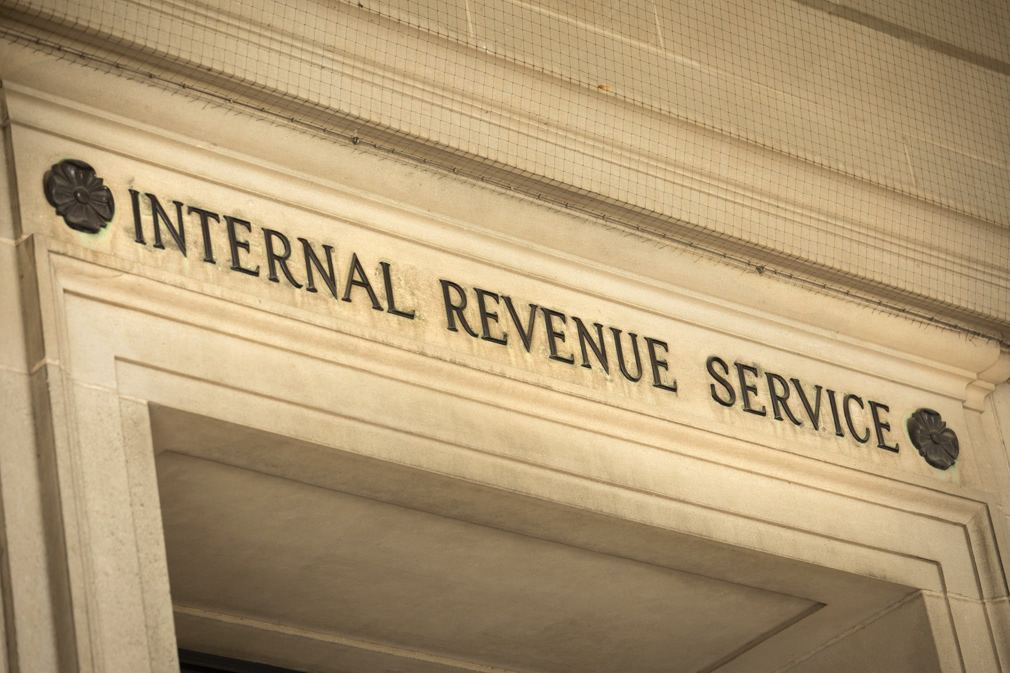Americans will get an additional three months to file their taxes because of disruptions caused by the COVID-19 pandemic, Treasury announced on Friday, broadening a prior extension that had only applied to payments.
“We’re moving it out to July 15 so that people will have time and hopefully by that time we’ll have people getting back to their lives,” President Donald Trump said in a press conference at the White House. “However, if you have refunds or credits you’d like to claim you can still file. In other words, you can file early if you are owed money by the IRS, but other than that we’re moving it all the way out to July 15, no interest, no penalties.”
The Internal Revenue Service, a Treasury department, had processed more than 65 million income tax returns as of March 6, according to government data. About 80% of filers received a tax refund, with an average of $3,012 per person.
Treasury Secretary Steven Mnuchin said he wants Americans to get those refunds as early as possible, as it would support the consumer spending that accounts for about 70% of U.S. GDP.
“We encourage those Americans who can file their taxes to continue to file their taxes on April 15, because for many Americans, you will get tax refunds,” Mnuchin said.
Mnuchin postponed the filing deadline a day after Senate Democrats and groups such as the AARP called on him to match the paperwork deadline with the payment extension he announced earlier this week.
Many states, including Connecticut and Massachusetts, have matched the 90-day federal postponement for individual returns, and others have also extended corporate deadlines.
The American Institute of Certified Public Accountants is keeping an updated list of state postponements. To view that, click here.






